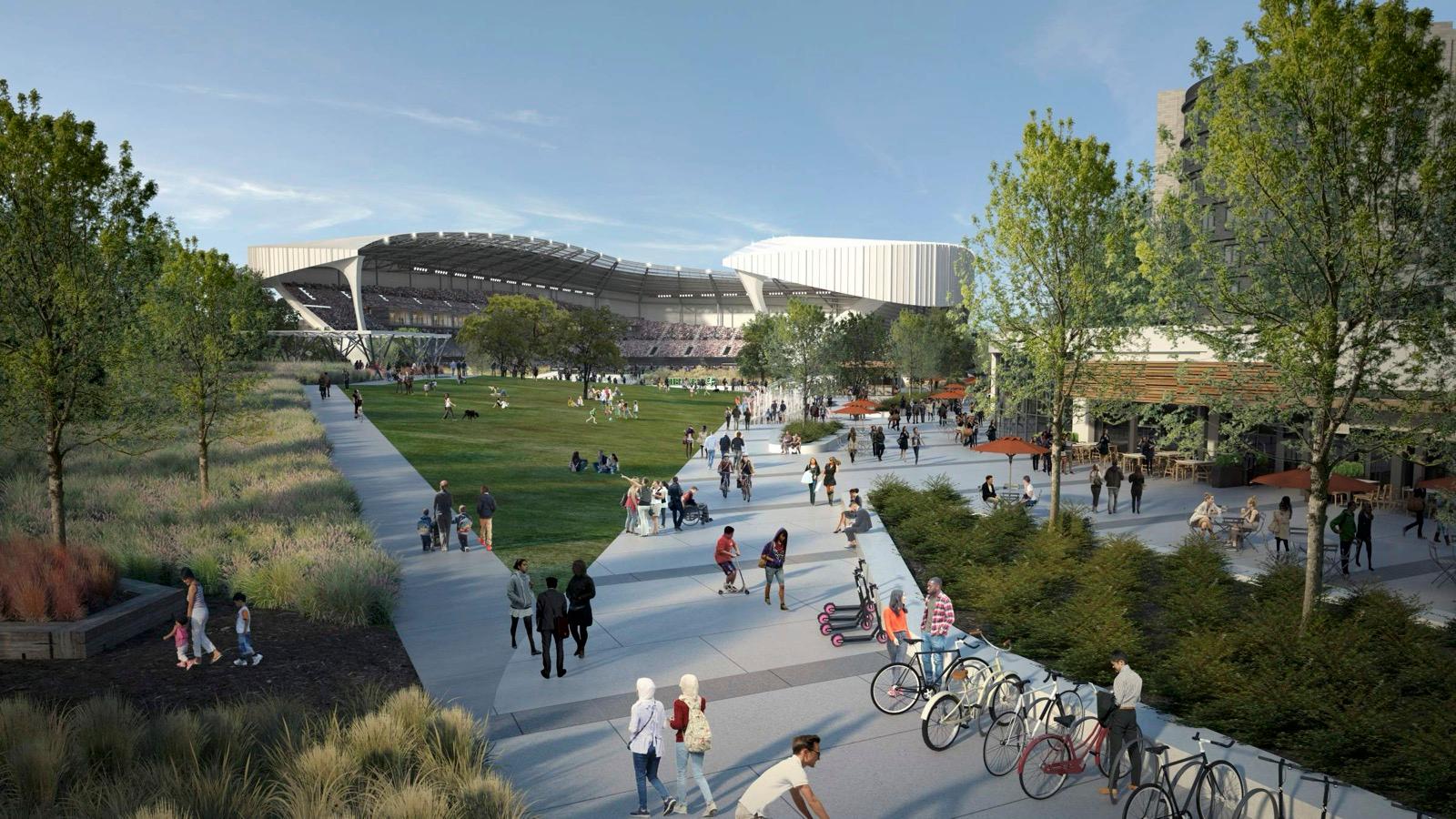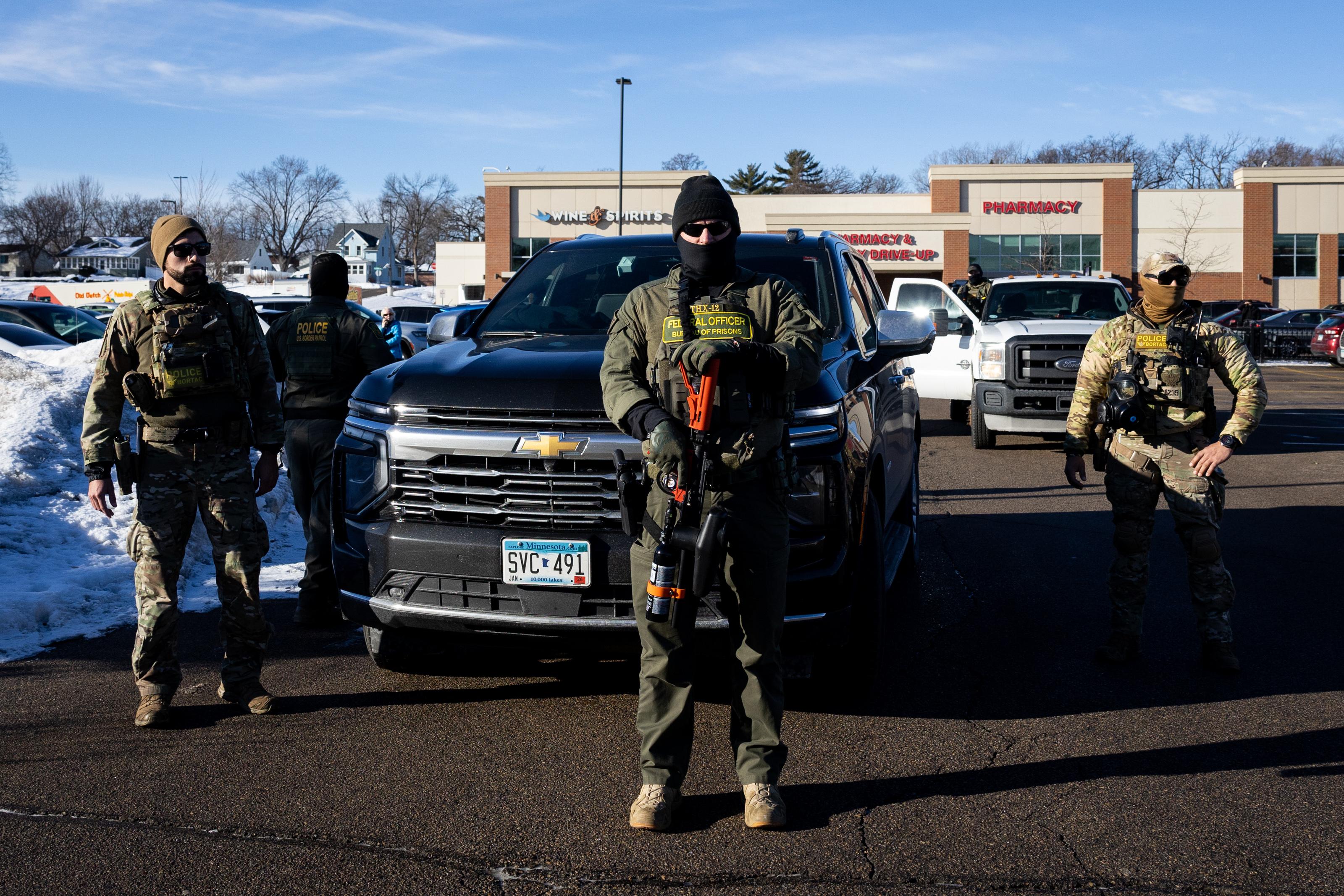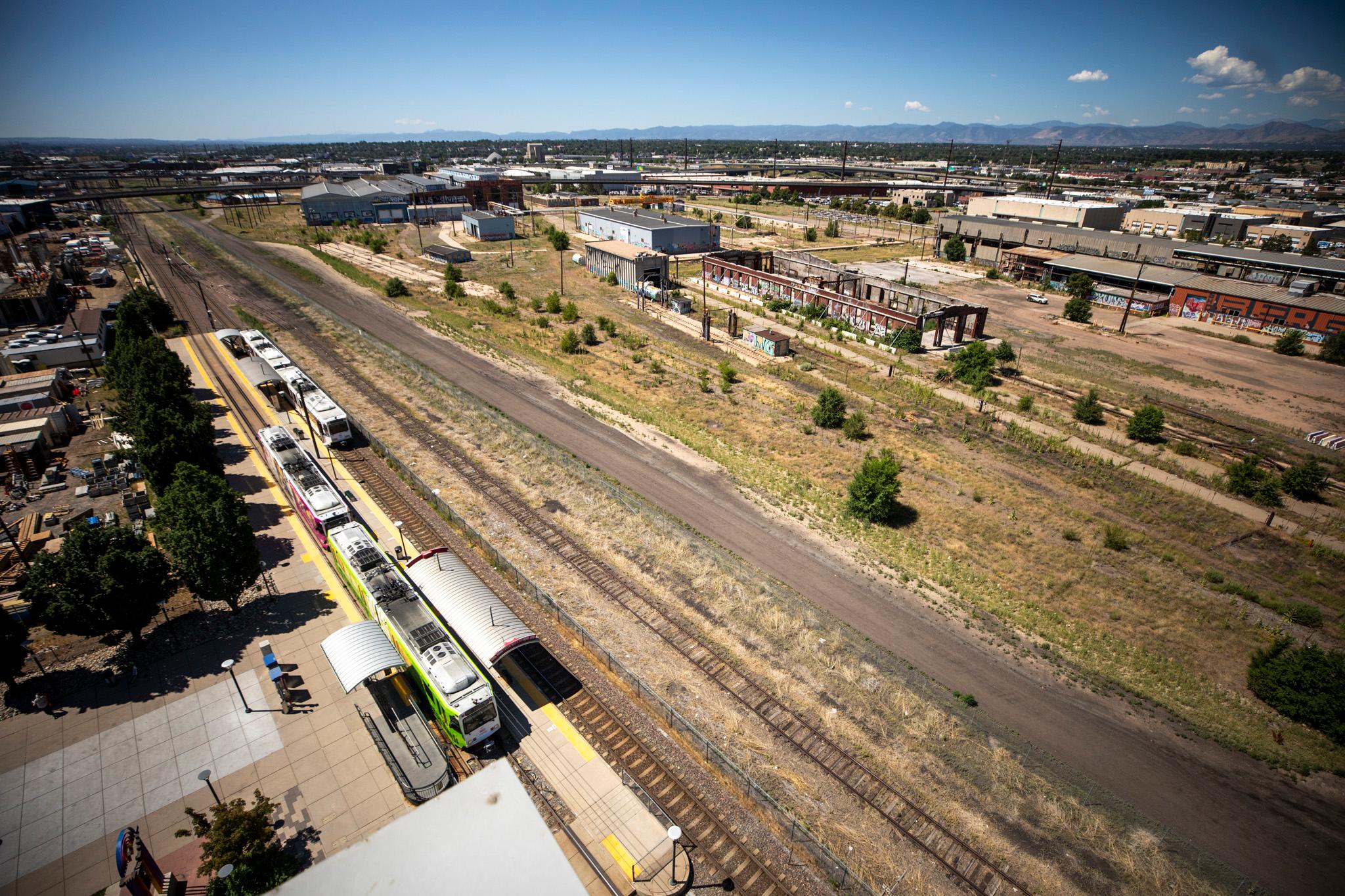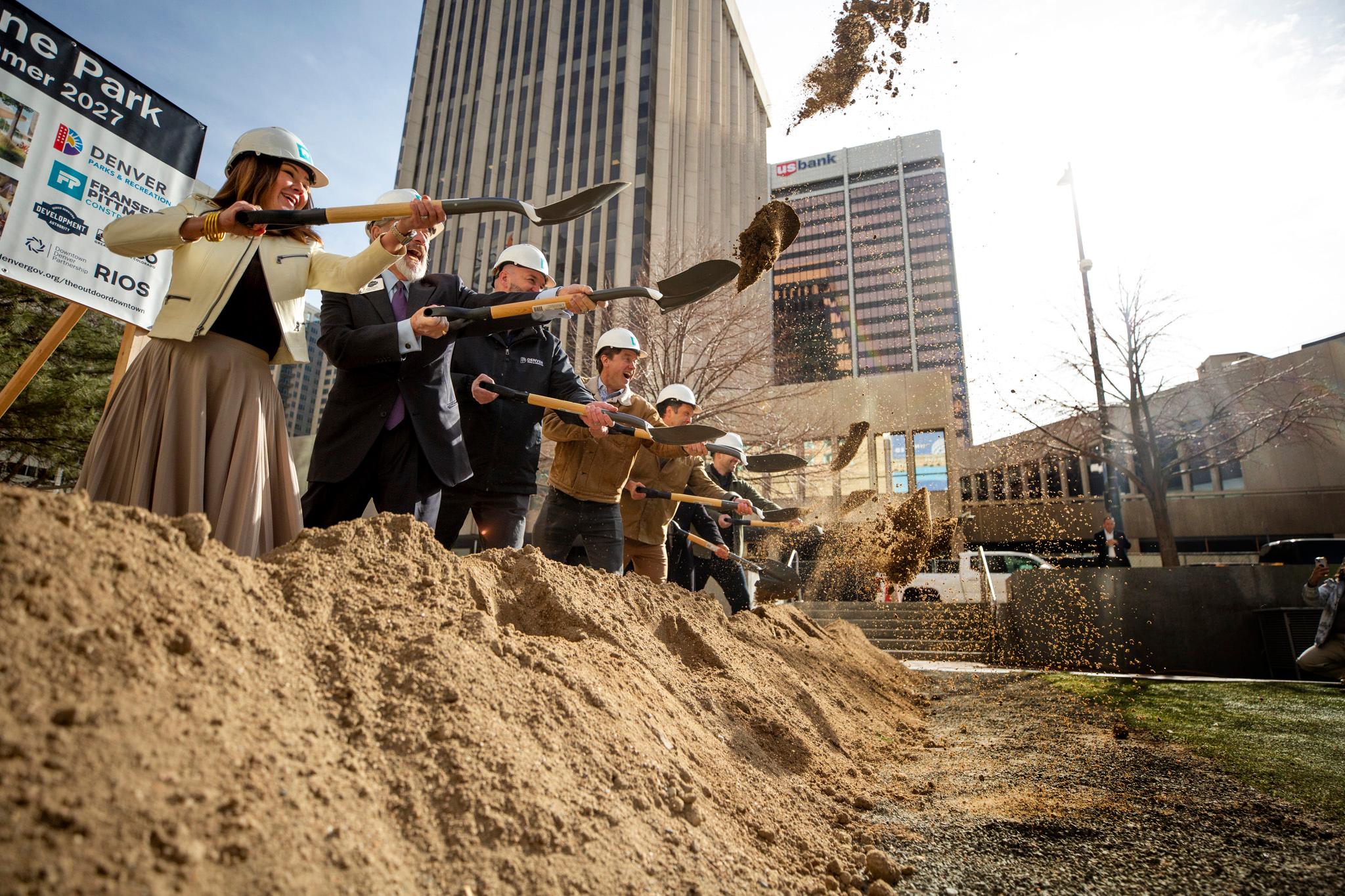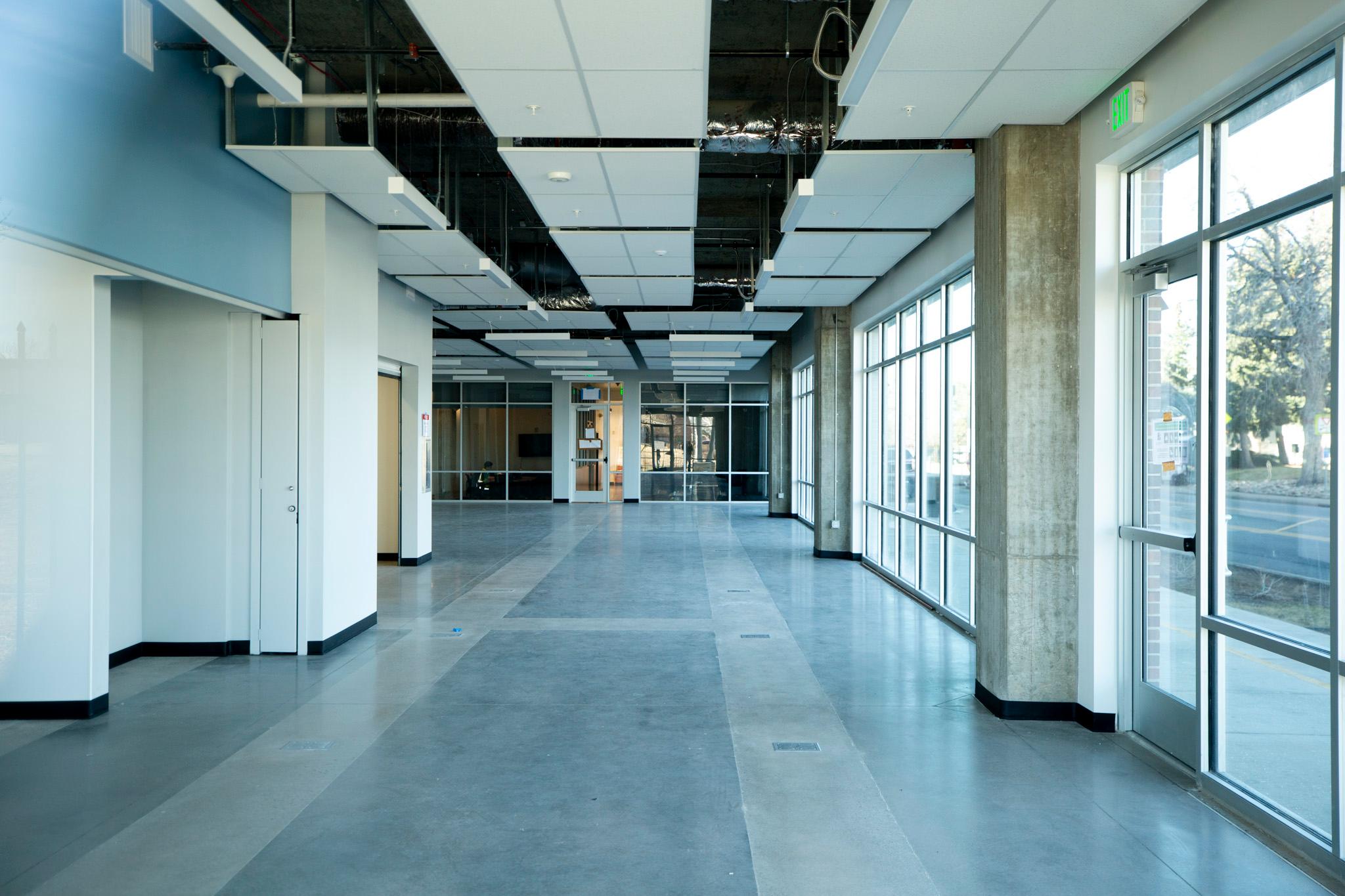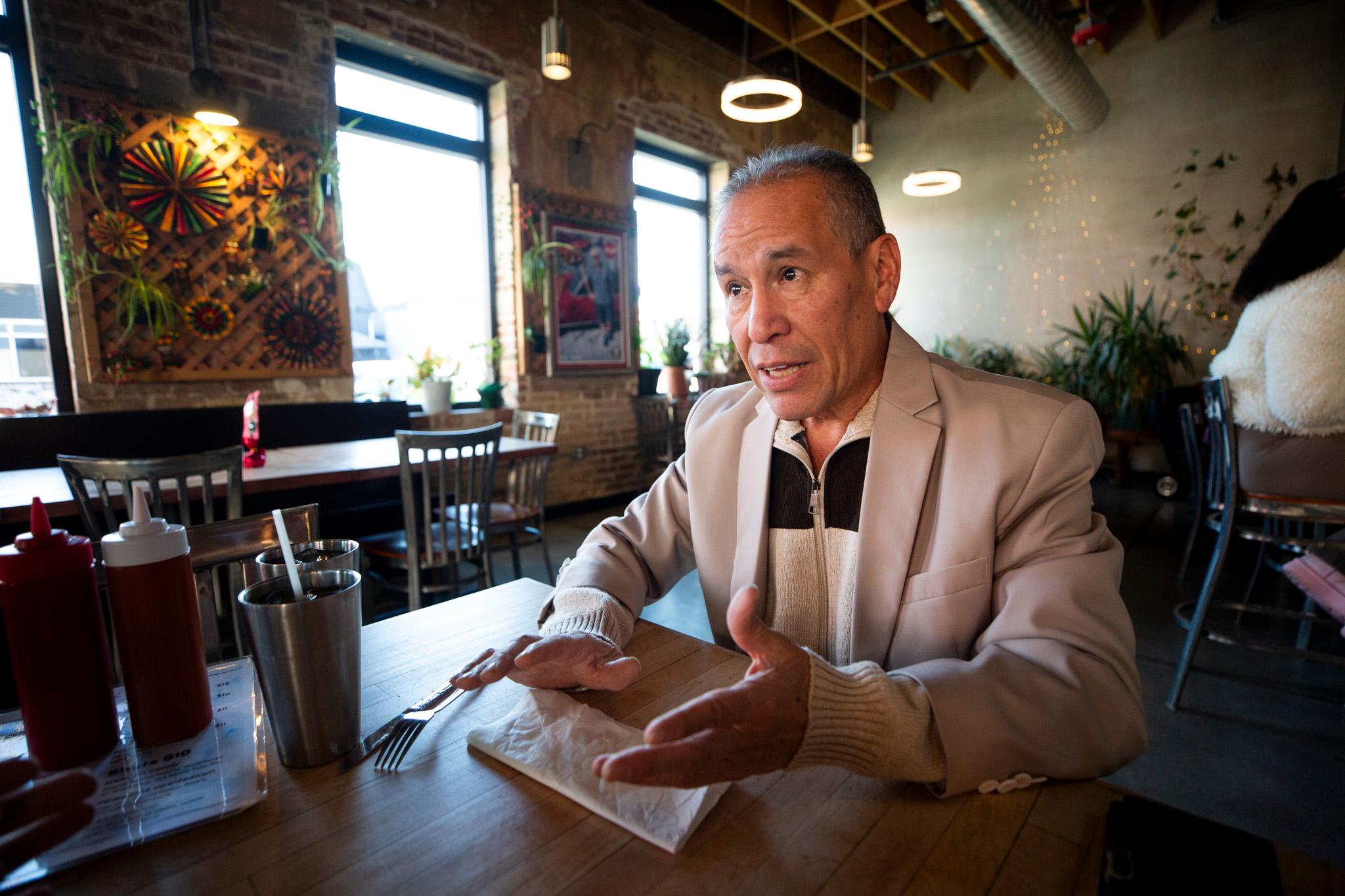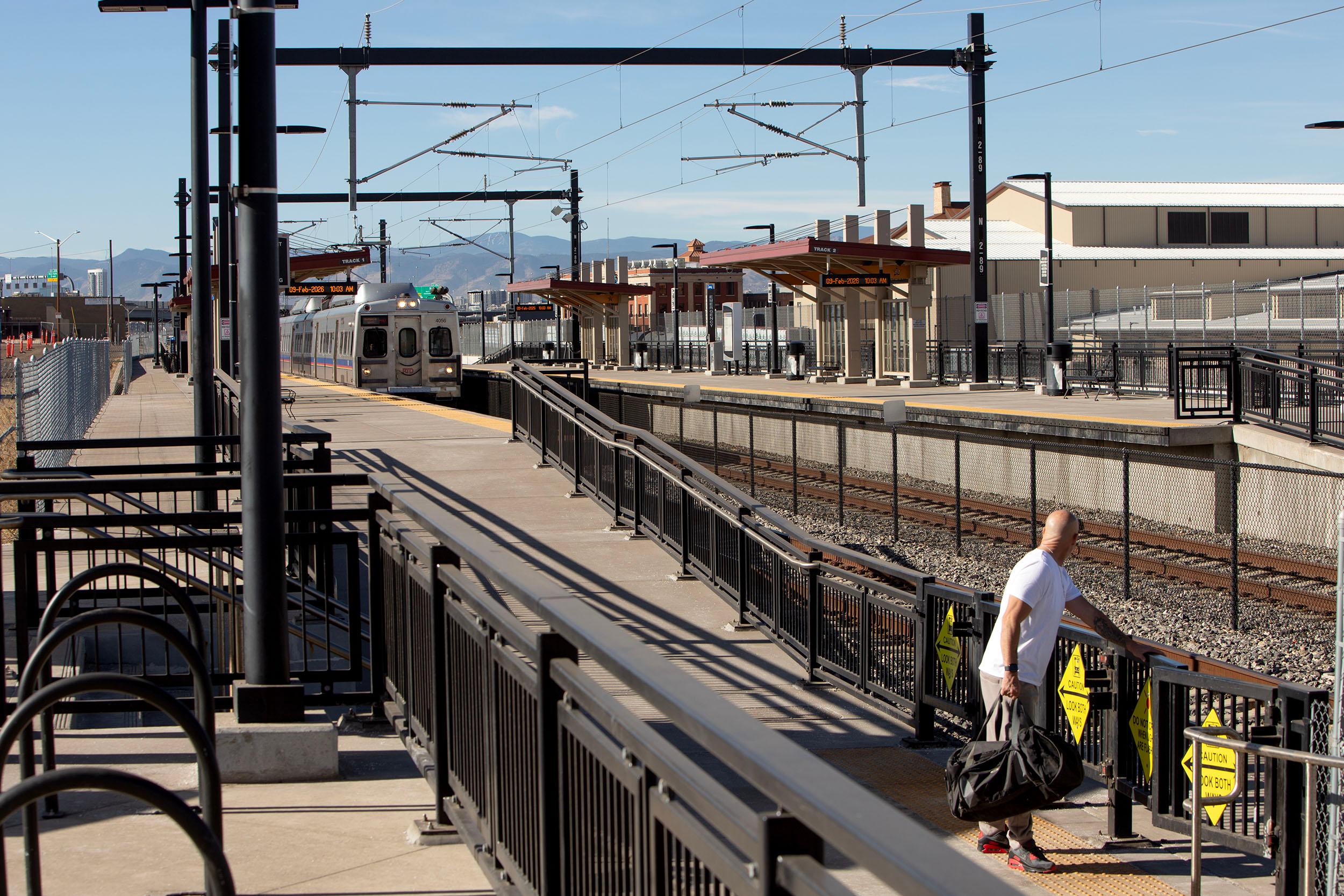Officials with the city and the unnamed National Women’s Soccer League team presented a slightly revised proposal to Denver City Council that brought public subsidies for the team’s future stadium closer to happening.
Earlier this month, the city unveiled a $70 million plan to buy land in Baker for a women’s soccer stadium and make improvements around the site. Up to $50 million would go toward the land, while $20 million would go toward parks, trails, a bridge and other local improvements near the stadium.
The deal would allow the city to own the stadium land permanently, so Denver could repurpose the property if the team ever leaves.
The first step to bringing taxpayer dollars to the stadium’s construction is approving an intergovernmental agreement between the city and Broadway Station Metropolitan District No. 1, a quasi-governmental entity that oversees a special tax district in the area.
The agreement basically promises that the city will purchase land and make improvements within the special district.
The revised proposal makes two small changes to the deal. First, Denver removed language that stated the city was responsible for future costs for an unbuilt pedestrian bridge. The city also removed details surrounding whether tax-increment financing (TIF) could cover surrounding infrastructure costs, essentially kicking the can down the road.
But other than that, the details of the proposal have remained largely unchanged. The city is still committed to spending $70 million to help team owners bring professional women’s soccer to Denver.
The city released its own findings into the economic impact of building the stadium.
Team owners and city officials have argued that the $70 million in public funding is a smart investment. They pointed to other stadiums, both in Denver and outside the state, as examples of public investment in sports benefiting residents.
In an initial conversation about the proposed deal and the intergovernmental agreement, city officials said they hoped the stadium could at long last kick off development near I-25 and Broadway, which has stalled in recent years.
A study released by Denver’s Department of Finance claimed that the stadium project could generate $1.4 billion in economic benefits, including revenues from sales tax and property taxes. However, the department also noted that the city’s investment doesn’t necessarily guarantee that development will be kick-started in the area.
“This site has sat through two of the largest economic boom cycles in Denver without development in spite of other tools being in place that would typically spur development – this is our best chance in a generation to develop the site,” a press release announcing the report said.
City council members continued questioning the city and the team.
Nearly the entire council was present during the presentation — even members who aren’t part of the South Platte River Committee.
Many alluded to meetings they had offline with city and team officials to answer clarifying questions. Several seemed more comfortable with the proposal since previous conversations and less skeptical about the city’s commitment to divert taxpayer dollars towards the project.
Some council members still pressed the team and the city on ensuring that community members have a voice in the process.
“It's important that the community doesn't feel like this is something happening to them, but that they feel like this is happening to us together and we're working to something together,” said Councilmember Flor Alvidrez, who represents the district where the stadium will be located.
Rob Cohen, the primary owner of the NWSL team, said the team plans to enter a community benefit agreement, a binding agreement between local organizations and developers.
Councilmember Sarah Parady asked for and received clarification from the city attorney’s office that voting to pass the intergovernmental agreement doesn’t necessarily require the city to appropriate the $70 million toward the project. She also confirmed that the council can take future action to pause or halt funding if project conditions are not up to council’s standards.
“If we put it in language that took away council's ability to appropriate without being in breach, we'd be making a debt application,” said Brad Neiman, an assistant city attorney. “And this is very intentionally not a debt application.”
The committee voted to move the intergovernmental agreement in front of the whole council, which will require two votes to pass.

